When is it acceptable to consider dating a widower? How do you know if they are still grieving and not ready to move on? According to statistics, men die earlier than women, so I was surprised this year to meet several whose wives had died before them. Divorced since the early 1990s, I had no intention of remarrying, but thought of striking up some sort of liaison with a widower.
I had heard of women behaving in a desperate and undignified way, charging round with casseroles
I had rejected two non-widowers, whom my grandmother would have described as “cast-offs,” meaning exes one mustn’t go back to. I knew I would have to tread carefully with widowers, particularly those who’d had long and happy marriages and who might justly be suspicious of a divorcee who could in no way match up to their wives.
Two I’d met were of a certain age, though didn’t look it. My American friend Holly advised caution, emailing: “Most men like to be looked after and some may be looking for a nurse or mom.” Whoa! Searching for sex and companionship, I might fall into a trap and become a nurse by mistake. I might have to administer pills, escort a man on a Zimmer frame everywhere, or cook two soft-food meals a day — horror! Holly also forwarded me a somewhat cynical article indicating that sex with an older man would cease altogether after a very short time.
My first recent widower was from America. Tall, handsome, athletic, four years older than me but still with an active career, he had been without his wife for three years. At a party where we were the only singletons, he had seemed to like me and had put his hand on my arm. We were both house guests in the same neighborhood, me staying with my cousin and he with old friends. I texted suggesting a drink. He said he had “wall-to-wall commitments” that evening but could possibly come Friday. He would let me know then. That evening, while walking to a local restaurant, I saw him on his way there too, just ahead of us, with his host and hostess. That must have been his “wall-to-wall” commitment. On Friday, he texted to say that my kind invitation had slipped his mind as he and his hosts had been in “a social whirl.” We would have to meet next year. I googled his deceased wife. Not only did she look warm, vivacious and attractive — everyone liked her, I’d now heard — she had been militant in some American labor union. I felt like the second Mrs. de Winter in Rebecca. Compared with the first wife, I would surely seem superficial and inexperienced.
I didn’t want to make a fool of myself. I had heard of other women behaving in a desperate and undignified way, charging round with casseroles to comfort a bereaved man. An ex-pat vicar I knew in Mallorca couldn’t fit all the food into his freezer after his wife died. Then, disappointing the many available women in his parish, he’d married a non-churchgoer, a widow who had — scandalously — been seen going to bars on her own.
That’s another thing about widowers: they often marry widows. It’s something they have in common — but it is not without its pitfalls. One friend, widowed at forty-seven, married within a year a widower whose wife had died six years earlier. She realized too late, though, that he’d wanted a fresh start, not “a sobbing woman” who hadn’t yet processed her grief.
One doesn’t want to be indecently pushy. I recall one of my American cousins — older than me, divorced twice — pointing out excitedly that the beach club’s flag was at half-mast, meaning that Mr. So and So’s wife had died that week. She would ask him to lunch at once. I heard, too, about a man who married the florist who did the flowers at his wife’s funeral.
Back in the UK, a local widower I met recently was interested in trees, so I invited him to a group outing where these would be discussed. Alas, he would be away with family. Another widower, younger than me, kindly brought to my house a woman who’d lived there as a child, and we discussed the house’s intermittent poltergeist activity. This man, whose nice, shy, quietly competent wife died earlier this year, has made a thoughtful and imaginative gesture, and I know at least we can be friends.
Things have now taken an about-turn. A puppy in arms appeared in our local shop. My own dog, Perry, died at seventeen last year and I wasn’t sure if I would ever get another. But I remembered my joy at having a dog in my home and so I have bought the darling little thing. Do I even want to have another relationship with a human? Aren’t I safer, and much happier, with a dog?
This article was originally published in The Spectator’s UK magazine. Subscribe to the World edition here.



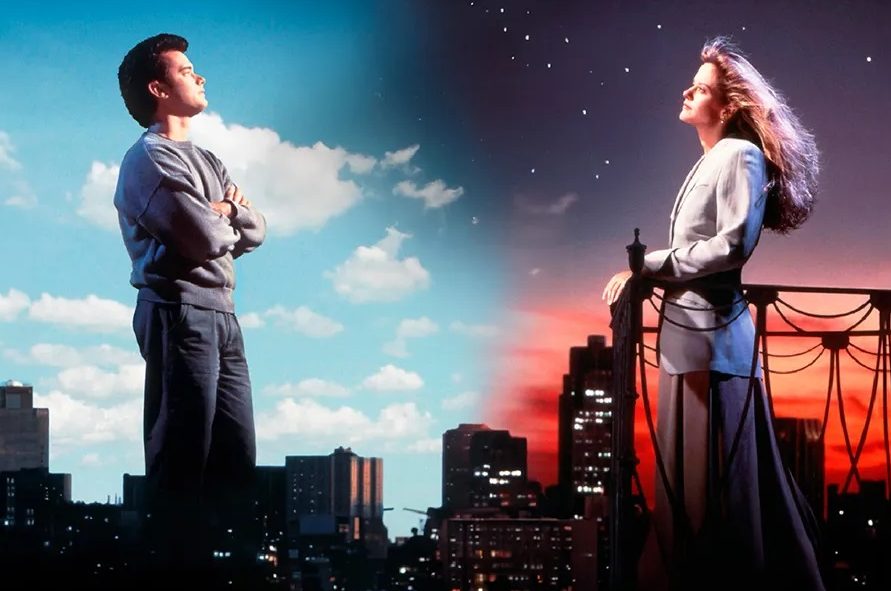







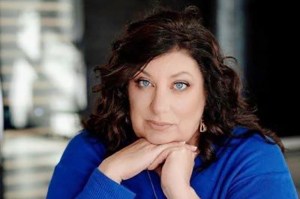

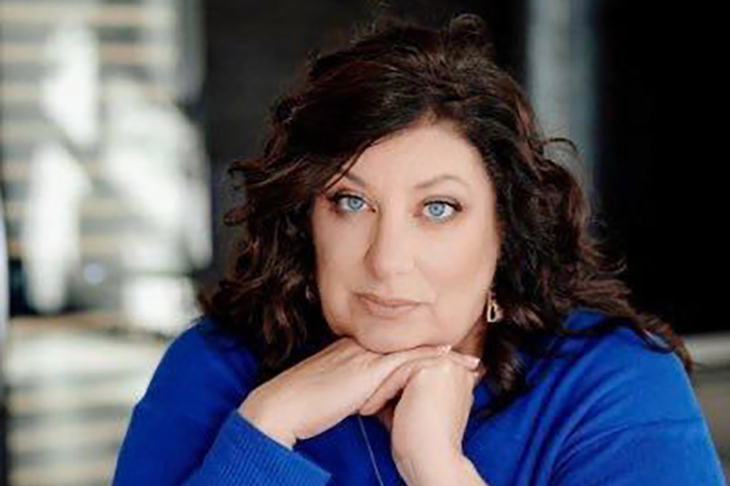


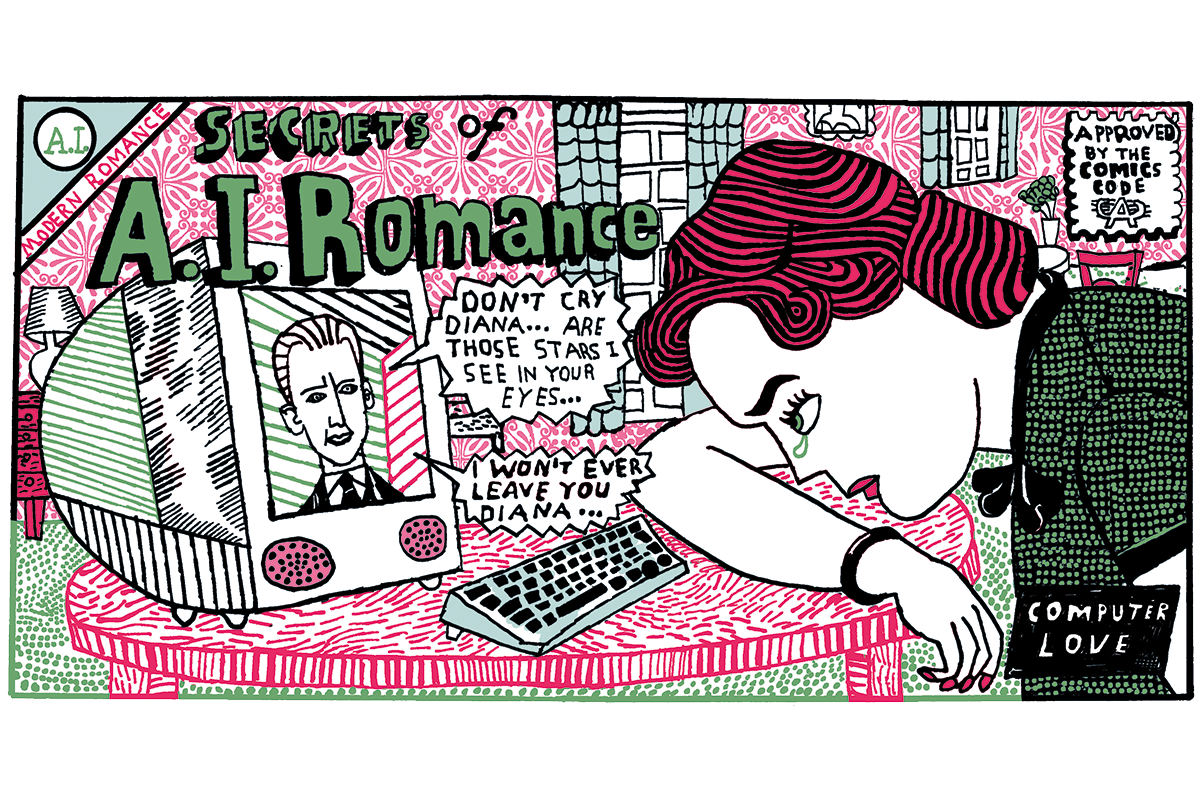
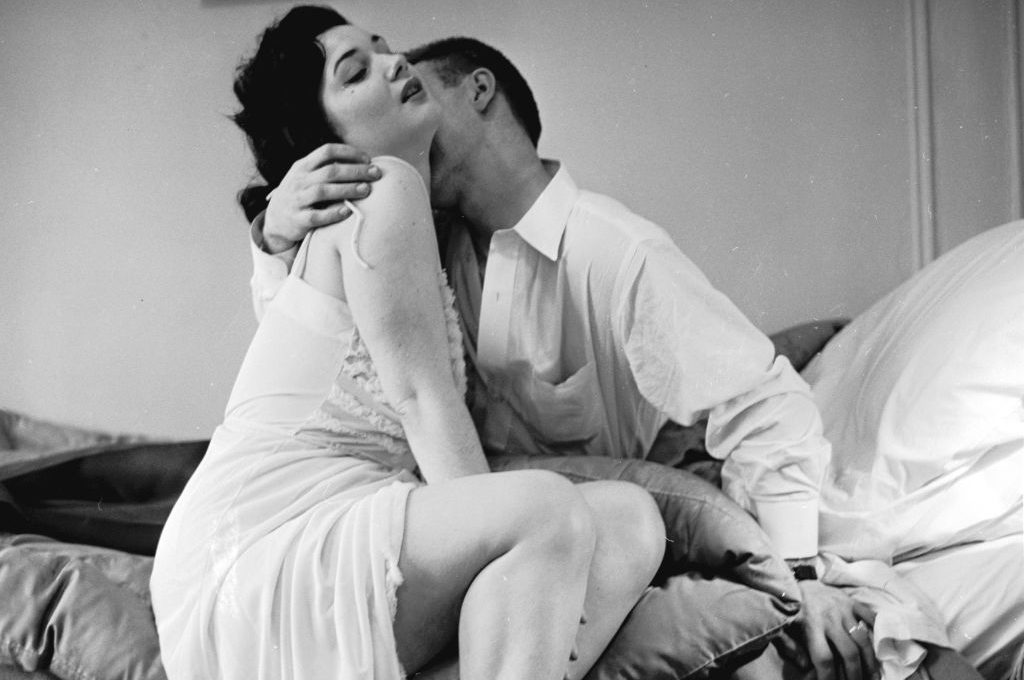








Leave a Reply